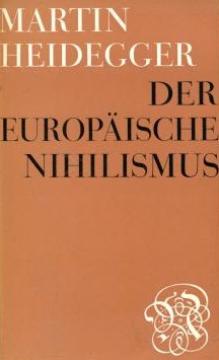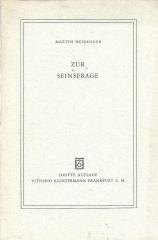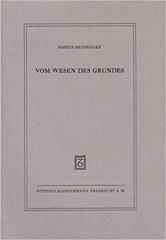
Der europäische Nihilismus
"Der europäische Nihilismus" is a collection of Heidegger's lectures and notes from the 1930s and 1940s, in which he analyzes the emergence and meaning of nihilism in Europe.
Heidegger follows Nietzsche's definition of nihilism as "the devaluation of all higher values", but goes deeper, arguing that nihilism is a fateful process in the history of the West.
According to Heidegger, European nihilism is not just a crisis of values but a symptom of the forgetting of Being. The philosophical tradition, starting with Plato, has increasingly focused on beings (individual things) rather than on the question of Being itself (which means "to be"). This leads to the loss of a fundamental understanding of existence.
Heidegger believes that the modern world, with its faith in technology, science and infinite progress, is actually accelerating the nihilistic process. A world without a solid foundation of values leads to a spiritual void and the dominance of technical rationality, where man is no longer the "guardian of Being", but becomes an instrument of production and control.
Heidegger does not see the solution in a simple return to old values, but in a new way of thinking, which must reopen the question of Being. Only from this profound change of thinking can a true overcoming of nihilism arise.
"Der europäische Nihilismus" is a deeply pessimistic, but also an inspiring call for a radically new rethinking of human destiny in history.
One copy is available
- Signature of previous owner





